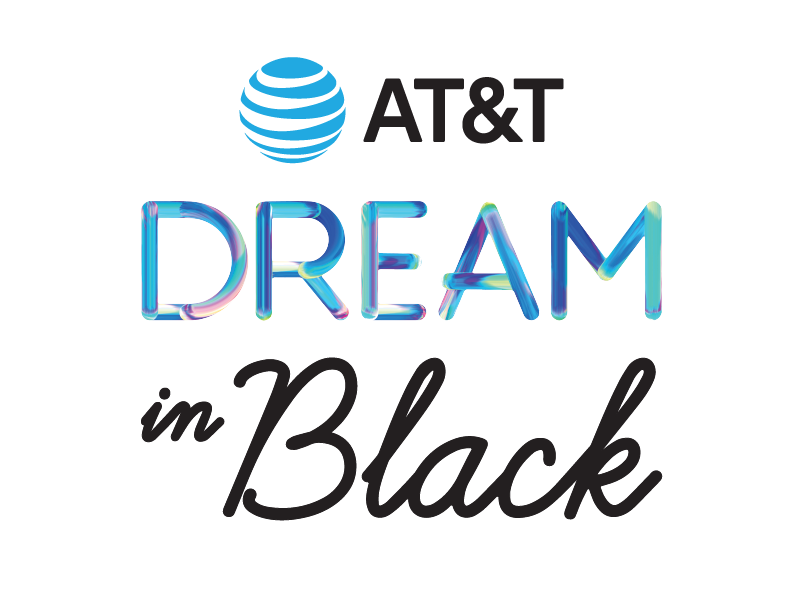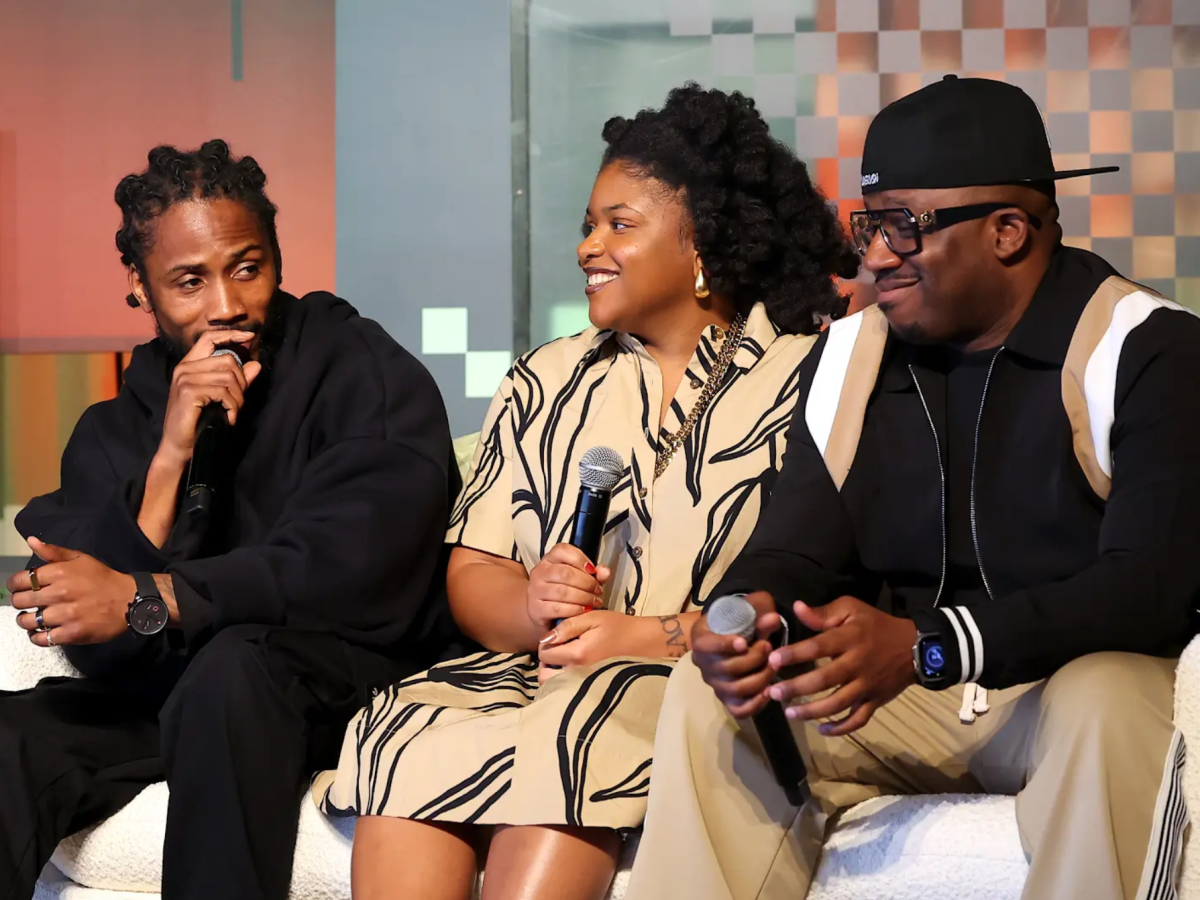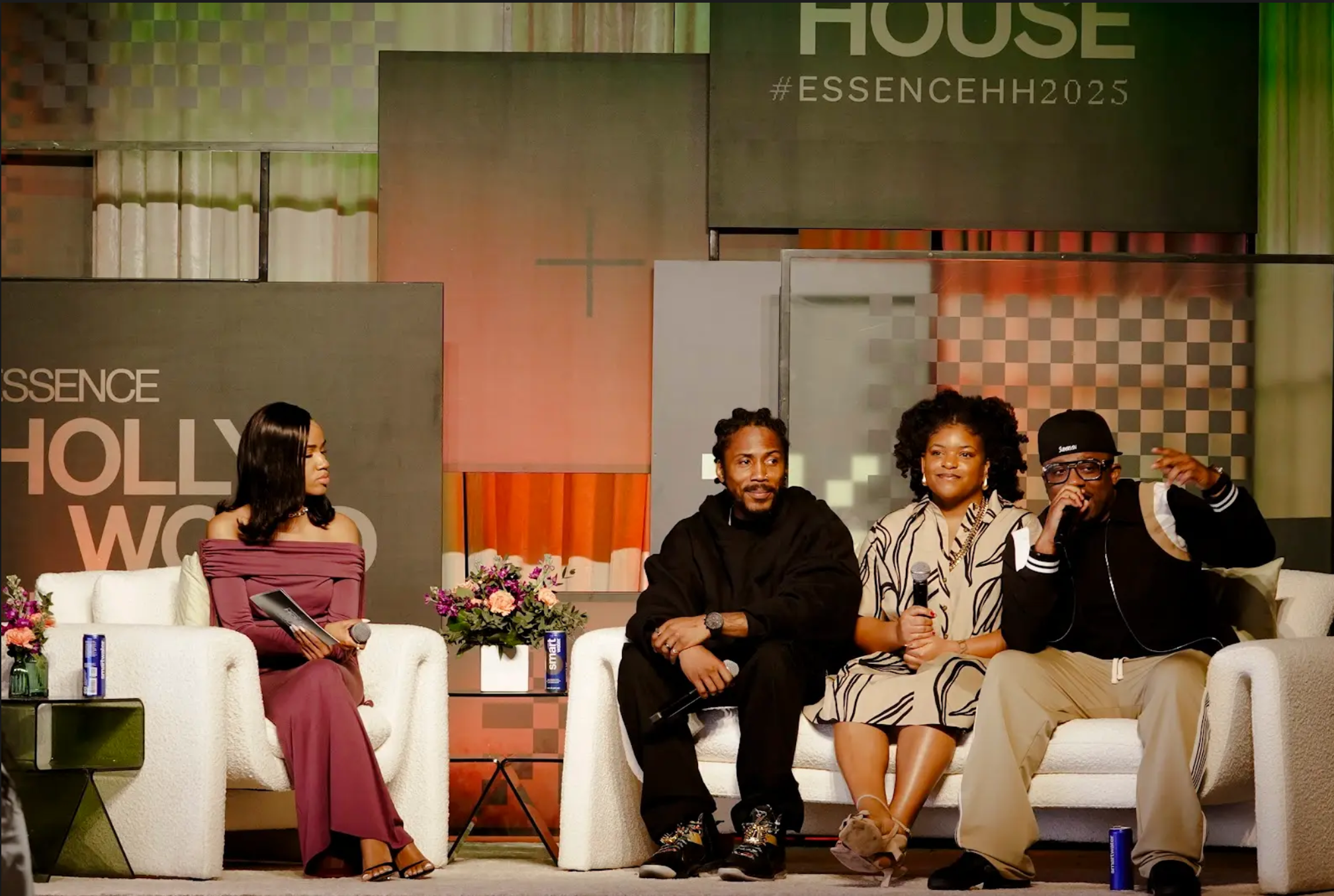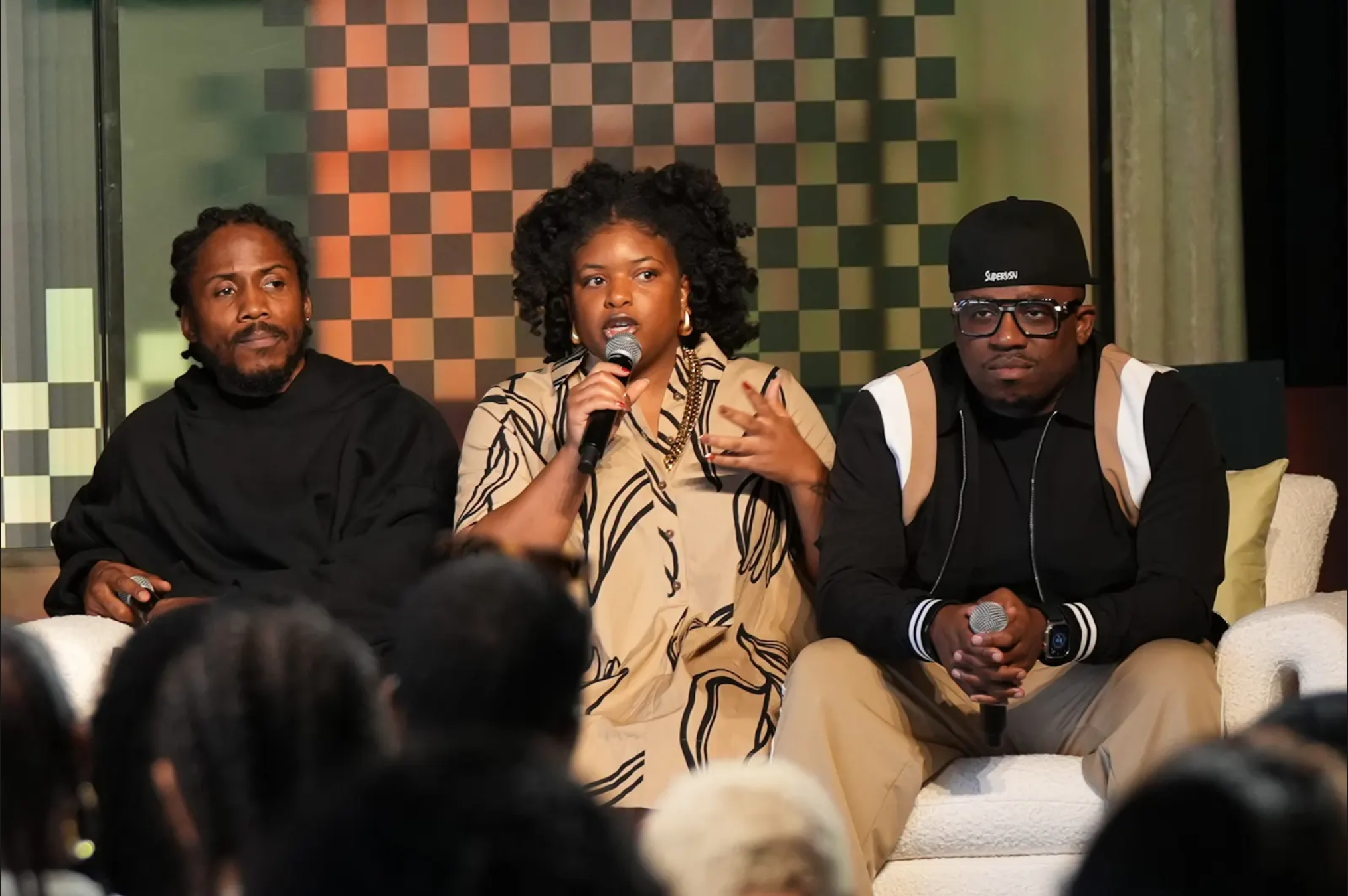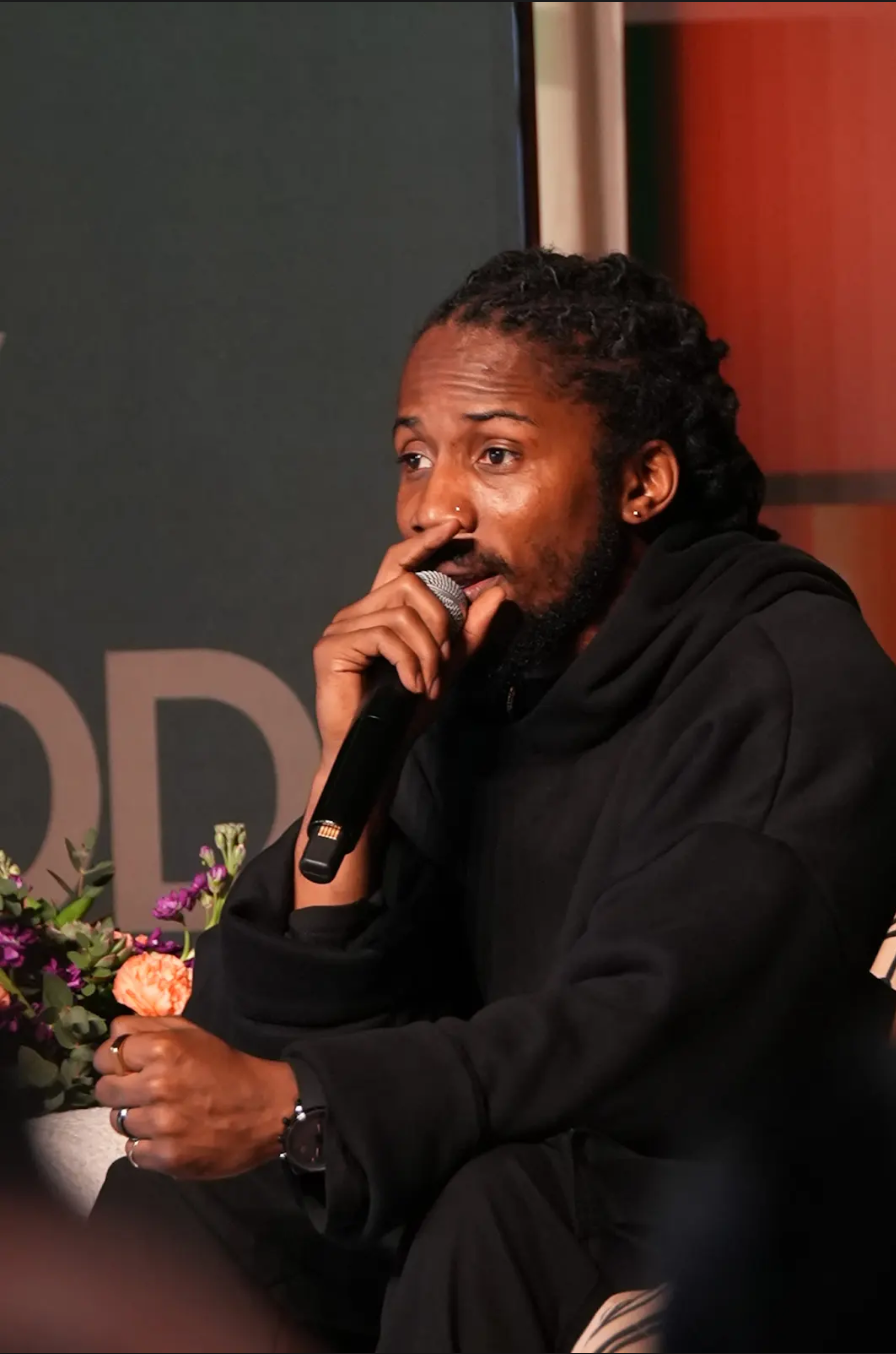Over the last three months, powerhouse attorneys Brittany K. Barnett, 35, and MiAngel Cody, 39, quietly made history by freeing 17 people who had been sentenced to life in federal prison without the possibility of parole for non-violent drug offenses.
Barnett, founder of the Buried Alive Project,” and Cody, founder and lead counsel of the Decarceration Collective, partnered to create the “90 Days of Freedom Campaign,” with the righteous—and ambitious—goal of freeing as many people as possible within that time-frame. As they stated, “Life without the possibility of parole…screams a person is beyond hope, beyond redemption. It rips away any chance of reconciliation with society and gives no chance of fulfillment outside of prison walls. Life without parole suffocates mass potential as it buries people alive.”
This is why, as Cody so aptly puts it, the partners remain relentless and unafraid to “pick the locks” on these human cages.
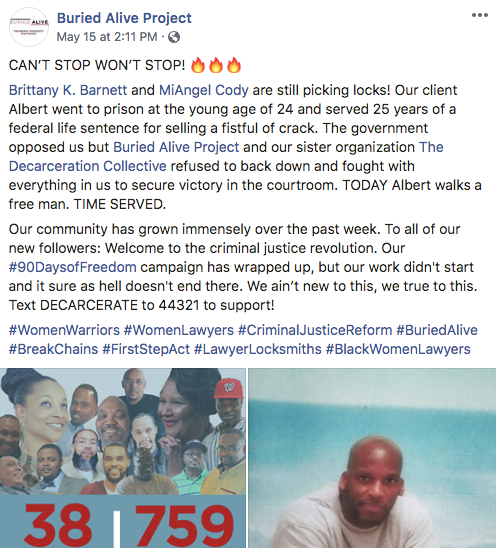
The intergenerational trauma that mass incarceration and mass criminalization has inflicted is clear. White supremacist drug policies have continued to both pathologize and criminalize Black, Latinx, indigenous, working-class and poor people, turning bodies into profit margins, and freedom into a privileged commodity. According to the Buried Alive Project website, “Of the approximately 183,000 people in federal prison today, 46.2% of them are there for drug offenses and approximately 3,800 men and women are serving life without parole. Among those serving life without parole sentences, almost half (49.1%) have been convicted of a drug crime and 80% of them are people of color.”
But, again, the system is not “broken,” it’s working exactly as it was intended to work, incarcerating the communities it was always designed to enslave.
President Bill Clinton’s crime bill, authored by then-Sen. Joe Biden, passed in 1994 with the promise of more police and prisons, but not before it was stripped of the Racial Justice Act, which would have allowed death row inmates to use data showing racial inequities in sentencing. The bill was also stripped of $3.3 billion—two-thirds of it from prevention programs. A provision that would have made 16,000 low-level drug offenders eligible for early release was also removed. Three-strikes laws were being created at the state level around the country, with states being awarded Truth in Sentencing grants to build and expand prisons.
Today, Black people are nearly four times as likely to be arrested for marijuana possession than their white counterparts, particularly in occupied Black and Brown communities that are blatantly targeted for broken-windows policing and surveillance.
Barnett, who has a corporate law background, has dedicated herself to this work for over 10 years, with seven of her clients receiving clemency from then President Barack Obama. One of her clients, Alice Johnson, a grandmother who served more than 20 years in prison for a first-time, nonviolent offense, recently made headlines when President Donald Trump commuted her sentence.

Cody, founder and lead counsel of the Decarceration Collective—a group of defense attorneys committed to providing free legal to people ensnared in the criminal justice system—has defended hundreds of people in federal court and won freedom for 27 prisoners serving life sentences for drug offenses, including 6 presidential clemencies.
While many headlines have trumpeted Kim Kardashian West’s financial backing of the “90 Days of Freedom” campaign—support that both Barnett and Cody are grateful for—Barnett told ESSENCE that it’s important that the focus stay on “the culture, the cause, and the code.”
“Being a daughter of a formerly incarcerated person, I know first hand the devastating impact it can have on families and entire communities,” Barnett said. “There is no parole in the federal system, so the men and women we represent were going to die. They were going to be buried alive.”
Later this month, Barnett, Cody, and their teams are bringing several of the people they’ve freed from prison to Dallas, Texas, for a family reunion-style get together. There, they will kick off a new project that their clients will help lead.
Black women are the fastest growing prison population, so this is a crucial discussion.
Brittney Barnett
“They’re going to be on a advisory board of our ‘3rd Strike Project,’ which will highlight the catastrophic effects of Bill Clinton’s three-strike law,” Barnett said. “While there is no longer mandatory life sentencing after the third strike, the changes weren’t retroactive. So you have hundreds of people still serving life under the same law. We want to raise awareness of that.”
Barnett said she is also trying to make freedom “sexy,” and not so much focused on struggle.
“You know, we started something called Freedom Drip Fridays for that purpose, “Barnett told ESSENCE. “We want to get people involved because it’s empowering, not always a struggle story. We’re shifting the narrative, changing the paradigm, to show that we come from some amazing people. The amount of genius that is locked up, the amount of genius that we’re unleashing…is mind-blowing.”
Barnett also makes it clear, that for Black women, transforming the criminal justice system and dismantling mass incarceration is imperative.
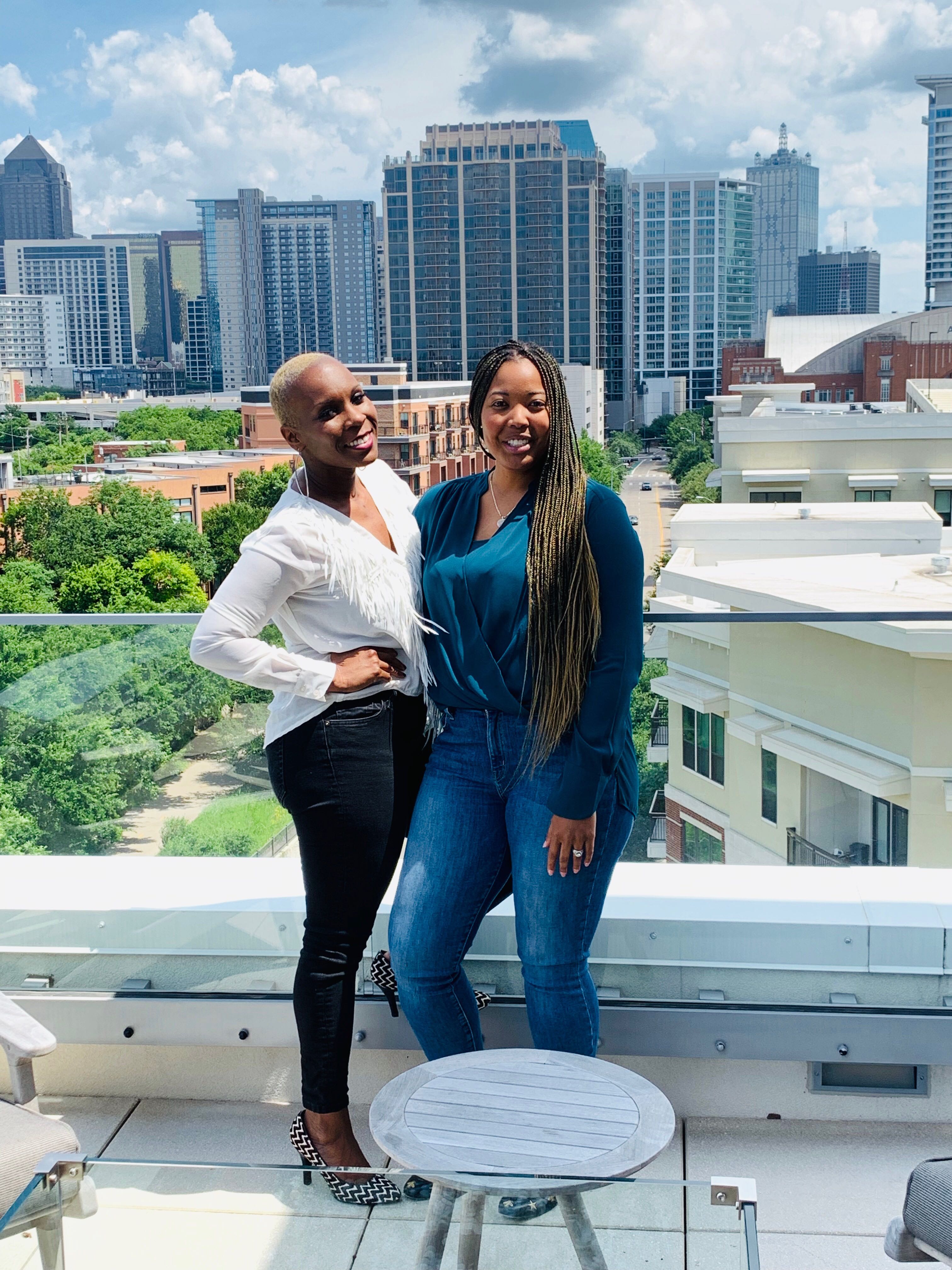
“Black women are the fastest growing prison population, so this is a crucial discussion,” Barnett said. “I started another program, “Girls Embracing Mothers,” and for the past 6 years, we’ve partnered with the Texas Prison System to take girls—every month for the last 6 years—to visit their moms in prison. And the underlying core of each and every case is trauma. And we cannot treat trauma with prison. My mom, for instance, had a severe addiction to crack cocaine and she needed rehabilitation, not prison.
“We have this attitude of overcriminalization, which is counterproductive to treating the underlying issues, which is trauma, poverty, and overall systemic oppression,” Barnett added.
Barnett makes it clear that the Buried Alive Project’s goal is not to only ensure that their clients survive, but that once they are reintegrated back into society, that they flourish. She also knows that in many ways, they have freed her, too.
“What is so beautiful about this work, is that even with a life sentence, the dignity our clients possess keeps them going,” Barnett tells ESSENCE. “It empowers us and keeps us going. We always say that we fight for our clients lives as if they were our own, because they are.”
Click here to learn more about the Buried Alive Project.
Click here to learn more about the Decarceration Collective.

